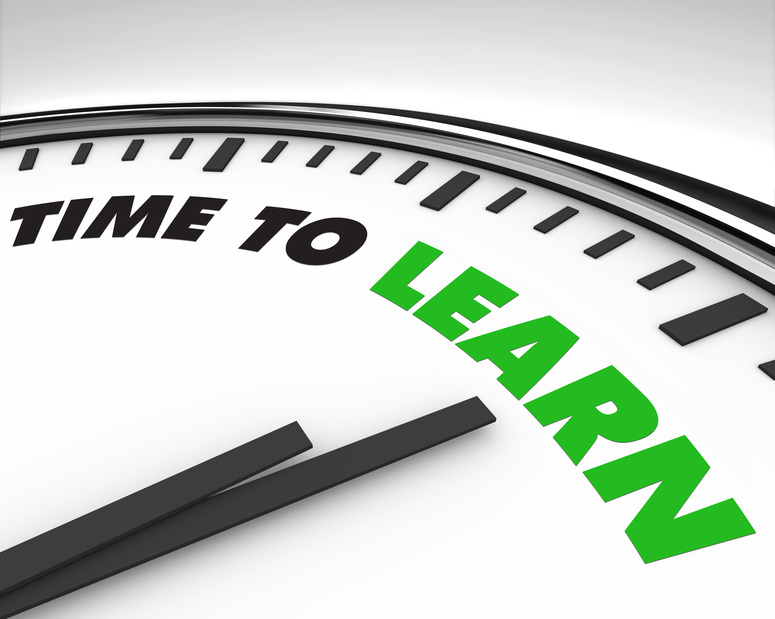Advanced Skills for the Practical Trainer
Behind every spectacular training session is a lot of preparation and meticulous attention to detail. The truly skilled trainer can make a program exciting. The learners will have fun while they are learning. The facilitator has been able to involve their emotions as well as their minds. You will see the involvement, and you will feel the energy.
To reach this stage as an adult educator isn’t always easy, but success isn’t just for the naturally gifted. It is possible for all of us who put effort into our personal growth and development, because we want the enormous satisfaction that comes from working with others to help them reach their potential as human beings. This three-day workshop is your start to that goal.
Key Learnings:
- Enhance your understanding of learning styles & how to accommodate all learning styles in the classroom
- Understand the key principles of effective communication in a workshop setting
- Use a variety of training techniques to stimulate participation
- Develop a plan and prepare for an effective training session
- Understand the different levels of evaluation and when to use each
- Understand how and when to add fun and humor to your training session
- Identify advanced interventions for difficult situations
- Practice the skills needed for a team presentation
Developing Your Training Program
Training is an essential element of development in any organization. Being knowledgeable and continuing to learn throughout your career can make you a very valuable asset. We also know that training and orientation for newly hired employees is a key factor in retention. This two-day workshop is designed for a trainer who wants to develop training programs that are meaningful, practical, and will benefit both trainees and the organizations they work for.
Key Learnings:
- At the end of this two day course, participants will be able to:
- Describe the essential elements of a training program
- Apply different methodologies to program design
- Demonstrate skills in preparation, research, and delivery of strong content
- Explain an instructional model
- Be prepared to create a training program proposal
Facilitation Skills
It is impossible to be part of an organization today and not attend meetings. Staff meetings, project meetings, planning and coordinating meetings—they all take time.
There has been a growing realization that we have to pay attention to the process elements of meetings, if we want them to be effective. With its focus on asking rather than telling, and listening to build consensus, facilitation is the new leadership ideal, the core competency everybody needs. Managers and supervisors are often asked to facilitate rather than instruct or manage their meetings and training sessions.
This workshop has been created to make core facilitation skills better understood and readily available for your organization. It represents materials and ideas that have been tested and refined over twenty years of active facilitation in all types of settings.
Key Learnings:
- Distinguish facilitation from instruction and training.
- Identify the competencies linked to effective small group facilitation.
- Understand the difference between content and process.
- Identify the four stages of team development and ways to help teams through each stage.
- Use common process tools to make meetings easier and more productive.
Survival Skills for the New Trainer
Few people choose training and development while they are still in school, and yet there are talented and knowledgeable trainers working in every industry. Some individuals become trainers because they are passionate about sharing their knowledge and about helping people. Others become trainers because their employer asks them to get involved in mentoring, training, or coaching new or existing employees. Trainers also get started when they want to make some changes to their daily activities, but wish to continue contributing to a particular organization or industry. If you are thinking about becoming a trainer, or have started doing some training already and what to know more about what will help you to become an excellent trainer, this workshop will help. This one-day workshop is designed as an exploration of the essential skills that trainers need to develop, and to get you started on the learning process in an interactive and fun environment.
Key Learnings:
- Understand the essential background for trainers to have
- Explore how being genuine enhances training
- Identify the elements of good questions
- Understand how to apply listening skills
- Develop rapport building strategies
- Describe the essentials of presentation skills
The Practical Trainer
If you do on the job training in your organization, this three-day workshop can help you feel more comfortable and more competent. You will explore how adults learn and take a step-by-step approach to create training sessions that meet employee needs and you will have the opportunity to practice these skills in a safe environment. Training results are too important to leave to chance. Register today, so you will be prepared when you are asked to stand and deliver.
Key Learnings:
- Recognize the importance of considering the participants and their training needs, including the different learning styles and adult learning principles.
- Know how to write objectives and evaluate whether these objectives have been met at the end of a training session.
- Develop an effective training style, using appropriate training aids and techniques.
- Conduct a short group training session that incorporates these training concepts.
Using Activities to Make Training Fun
Most people have been at a party or some other social occasion where someone has told an inappropriate joke and ruined the mood (at least temporarily). Likewise, we’ve all been somewhere where the class clown is able to lighten the mood and help people have fun. The good news is that humor can help you make your training sessions just as engaging as those fun social occasions. Even better, you don’t need to be the class clown or an award winning comedian to do it. This one-day workshop will help you identify what kind of humor you can bring to the classroom, and how games can help you engage your participants.
Key Learnings:
- Understand how training can include the use of humor and games
- Explore different types of games
- Identify methods to elicit participant buy-in
- Understand humor principles in adult learning
- Troubleshoot when games go badly
- Develop your own games


